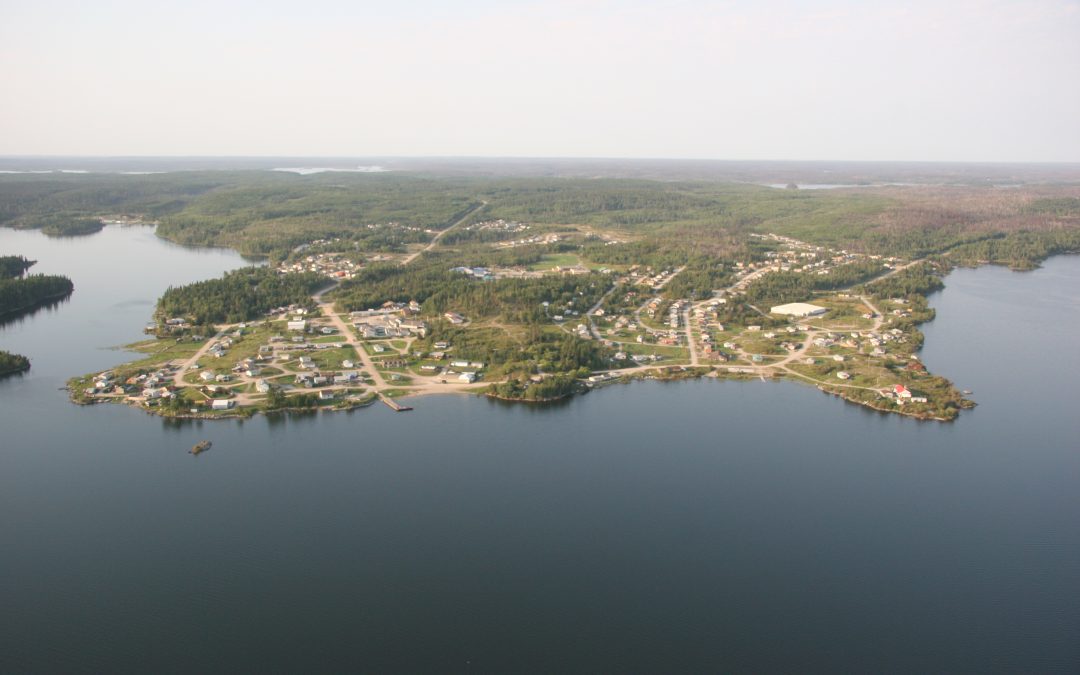Landscape and Geography
Pelican Narrows is surrounded by the Canadian Shield, which is characterized by vast boreal forests, numerous lakes, and rocky outcrops. The landscape is dominated by coniferous and deciduous trees, as well as wetlands and smaller water bodies. The area is rich in wildlife, and its natural beauty makes it a popular destination for outdoor enthusiasts, offering activities such as fishing, hunting, and canoeing. The Churchill River, which runs through the community, is part of a larger network of lakes and rivers that form an essential transportation route and provide essential resources for the local population. The river and its surrounding lakes are home to a variety of fish species, including walleye, northern pike, and lake trout.
